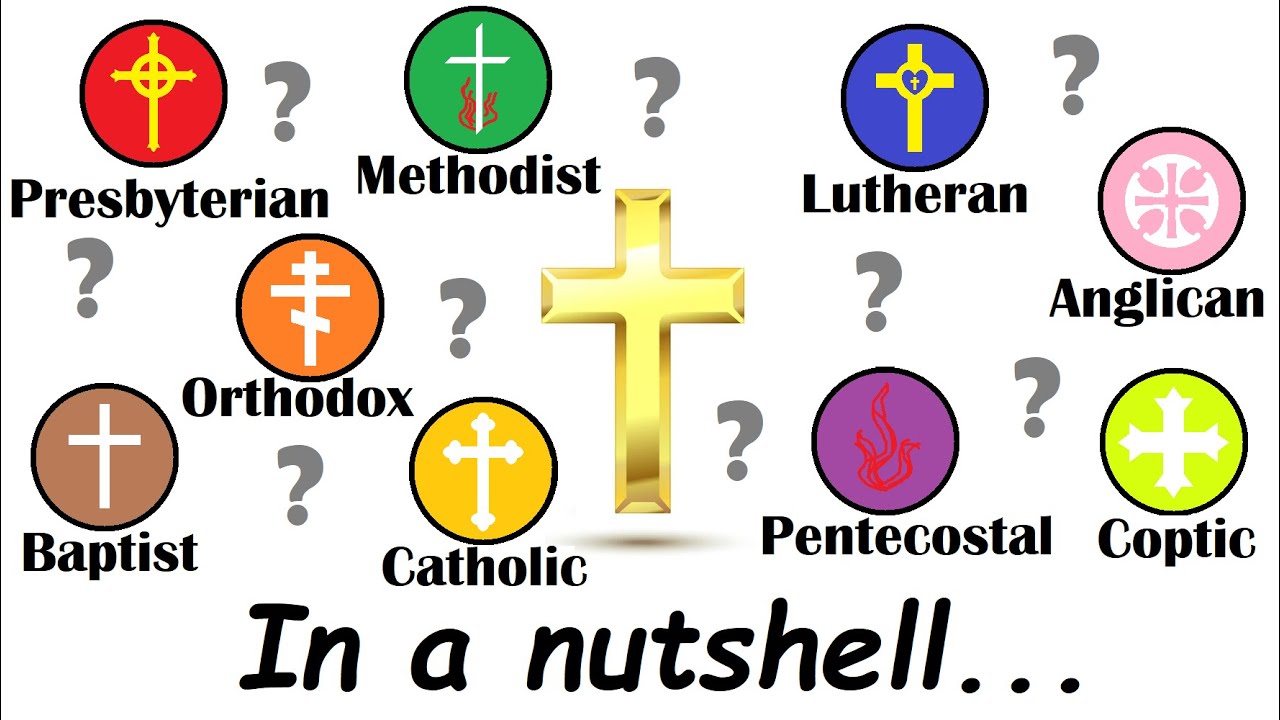🙏PROSTRATIONS: Their Purpose & Symbolism☦️
Summary
TLDRThe video discusses the spiritual significance of prostrations and bows in Christian practice, particularly within Orthodox Christianity. Saints like St. Theos of Philadelphia and modern figures like St. Paisios and Elder Ephraim of Arizona emphasize that prostrations symbolize human sinfulness, humility, repentance, and the quest for God's grace. The act of rising after a prostration represents a commitment to leading a virtuous life. By physically demonstrating worship and humility through prostrations, believers invite divine grace and express their devotion to God, contrasting with the prideful nature of demons who refuse to bow.
Takeaways
- 🙏 Prostrations symbolize the acknowledgment of sin and the need for repentance.
- 🕊️ Getting back up after a prostration signifies a commitment to repentance and living a virtuous life.
- 💬 Saints encourage accompanying prostrations with the Jesus Prayer for greater spiritual benefit.
- ✨ Prostrations are a means of receiving God's grace, especially when combined with prayer.
- 🧎 Prostrations demonstrate humility, love, and respect for God, much like a servant before a king.
- 🔥 Prostrations help in humbling both the body and the soul, fostering spiritual growth.
- 🌞 Prostrations are likened to positioning oneself to receive the grace of God, much like sunbathing to absorb sunlight.
- 😇 Elder Ephraim of Arizona emphasizes that prostrations are an act of worship, which the devil refuses to do.
- 💼 Prostrations can be seen as spiritual deposits that accumulate in God's 'bank,' aiding in one's judgment.
- 👑 The act of prostration is a concrete expression of worship and devotion to God, contrasting the pride of demons who refuse to bow.
Q & A
What is the purpose of performing prostrations according to St. Theos of Philadelphia?
-St. Theos of Philadelphia explains that prostrations symbolize man's fall into sin and express the confession of our sinfulness. By getting down on the ground, a person admits they are a sinner, and by getting back up, they signify repentance and a promise to lead a life of virtue.
How should the Jesus Prayer be incorporated into prostrations?
-Each prostration should be accompanied by a noetic invocation of Christ, specifically the Jesus Prayer. As you perform a prostration, you should say, 'Lord Jesus Christ, have mercy on me,' expressing both physical and spiritual humility before God.
What are the benefits of performing prostrations according to the script?
-Prostrations express our sinfulness and desire for repentance, help us receive the grace of God, make us more humble, show our love and respect for God, and act as tangible demonstrations of our worship and obedience to God.
How does St. Pidos of Kso Calivia describe the significance of prostrations?
-St. Pidos of Kso Calivia explains that prostrations display our love, respect, devotion, and worship of Christ in tangible ways. By humbling ourselves through prostrations, we make room for the grace of God, which brings penitence, joy, serenity, peace, and calmness.
Why does Elder Ephraim of Arizona emphasize the importance of prostrations?
-Elder Ephraim of Arizona highlights that prostrations are a form of worship that the devil refuses to do due to pride. By performing prostrations, we show that we worship God, and these acts are spiritually significant, being rewarded by God and assisting us during judgment.
How do prostrations help in receiving the grace of God?
-Prostrations help in receiving the grace of God by humbling both the body and soul, creating a state of openness and receptivity to God's grace. When accompanied by the Jesus Prayer, they allow us to gain the grace of the God of souls and bodies.
What analogy does Father Michael Shandor use to explain the role of good works like prostrations?
-Father Michael Shandor compares good works, including prostrations, to preparing oneself to receive a suntan. Just as one must position themselves under the sun to get a tan, good works position us to receive the grace of God, which is not forced upon us but given in synergy with our actions.
Why is humility an important aspect of performing prostrations?
-Humility is crucial in performing prostrations because it helps to humble the body and, in turn, the soul. This humility allows us to acknowledge our sinfulness, demonstrate our submission to God, and become more receptive to His grace.
How do prostrations act as a form of worship and sacrifice?
-Prostrations are a form of worship and sacrifice because they involve a physical act of lowering oneself before God, symbolizing our respect, devotion, and allegiance to Him. This act of sacrifice is a tangible way to express our love for Christ.
What spiritual benefits are associated with extra prostrations?
-Performing extra prostrations is considered an ascetical effort that will be rewarded by God. These prostrations contribute to our spiritual bank, helping us during the time of judgment by showing our dedication and humility before God.
Outlines

此内容仅限付费用户访问。 请升级后访问。
立即升级Mindmap

此内容仅限付费用户访问。 请升级后访问。
立即升级Keywords

此内容仅限付费用户访问。 请升级后访问。
立即升级Highlights

此内容仅限付费用户访问。 请升级后访问。
立即升级Transcripts

此内容仅限付费用户访问。 请升级后访问。
立即升级浏览更多相关视频

Speakers Corner - Muslims Bring Sneako To The Park to Embarrass Himself, He Knows Nothing, ft Ananda

PRAYER BY NIGHT. How to keep nighttime vigil and how to pray during the night. 'KEEP WATCH AND PRAY'

Brief History of Christianity

All Christian denominations explained in 12 minutes

Dr Pete & Kameron Waters from CHRISTSPIRACY Compare and Contrast Paradigms

Воздвиження Хреста Господнього. Історія свята | Церковний Рік, о. Василь Рудейко
5.0 / 5 (0 votes)
